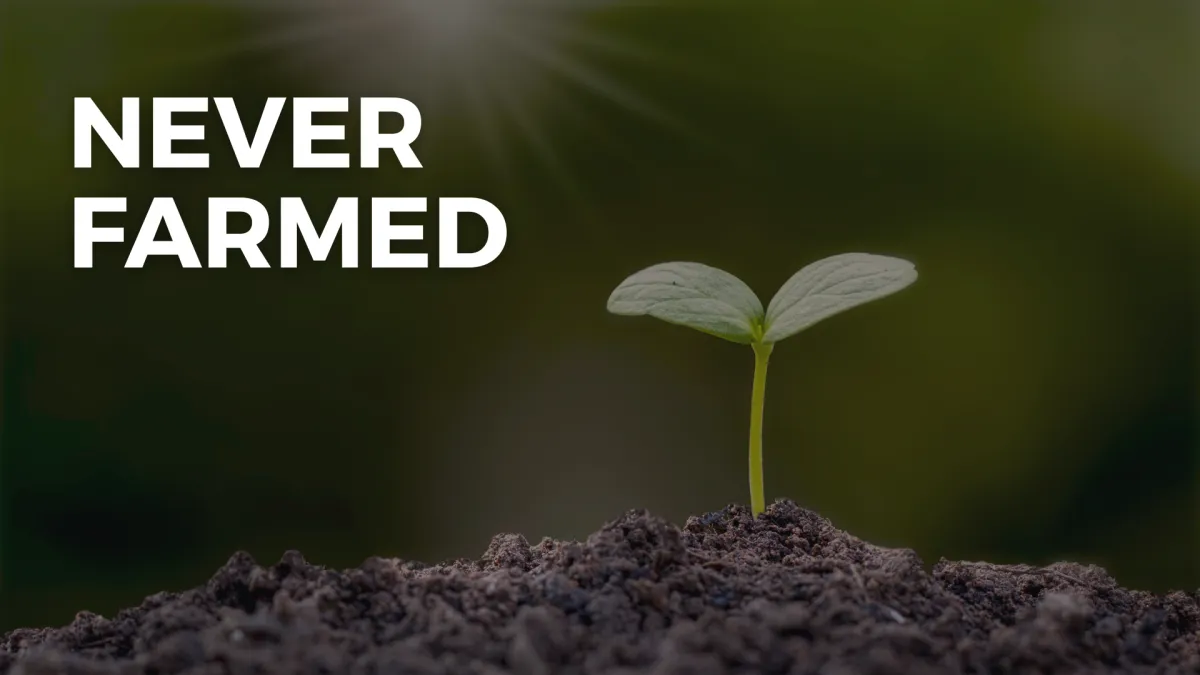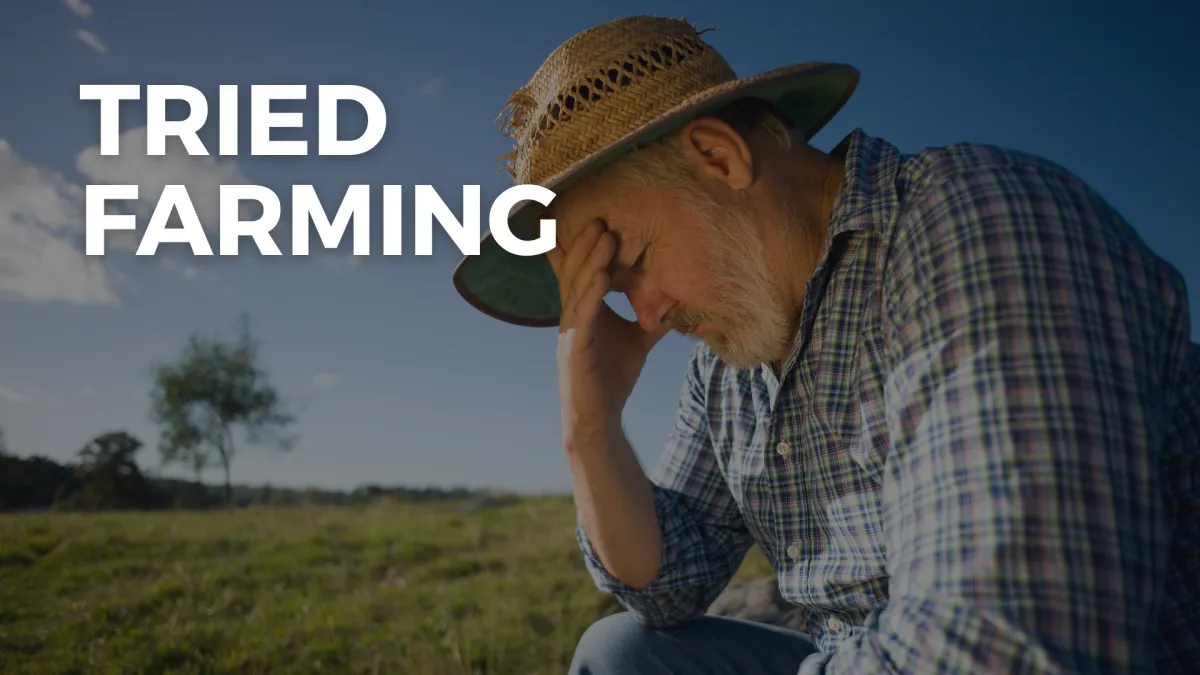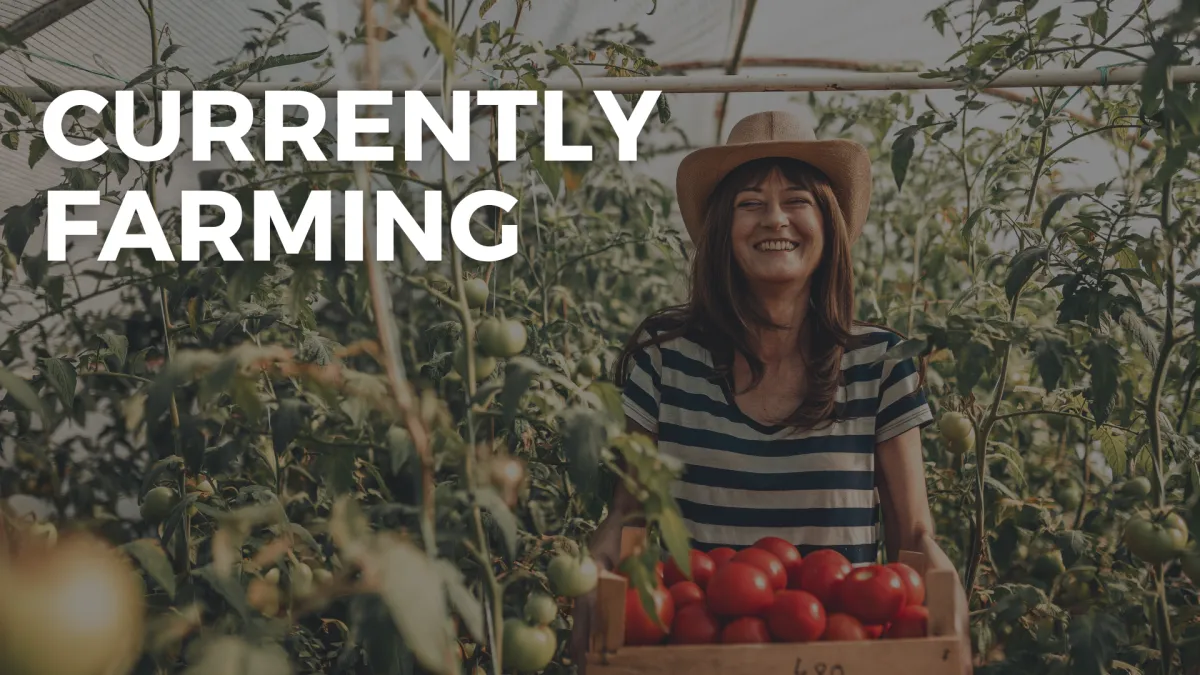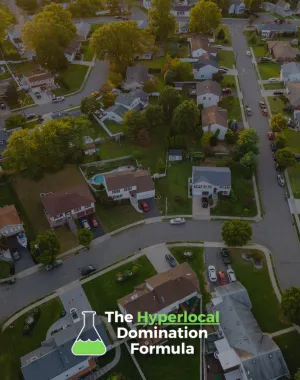The Future of Real Estate Is LOCAL.
Become the Go-To Agent in Your Community.
Real estate has CHANGED. And so should your strategies. Launch Your Farm gives you the tools, coaching, and systems to dominate your geo-farm and become the trusted local expert in your community.
STEP 1: IDENTIFY YOUR STAGE
Where Are You On Your Farming Journey?
Pick the option below that best fits where you're at right now on your journey.
Then we’ll point you to the right tools, strategies, and support to help you take the next step.
"The Local Expert Movement"
At Launch Your Farm, we help real estate agents grow thriving, hyperlocal businesses through proven geographic farming strategies rooted in trust, connection, and consistency.
Our mission is simple: to give you the strategies, tools, and support to become the local expert in your community — and build a business people remember, refer, and rely on.

STEP 2: CHOOSE YOUR TOOLS
Real Strategies. Real Support. Real Results.
What Agents Are Saying...
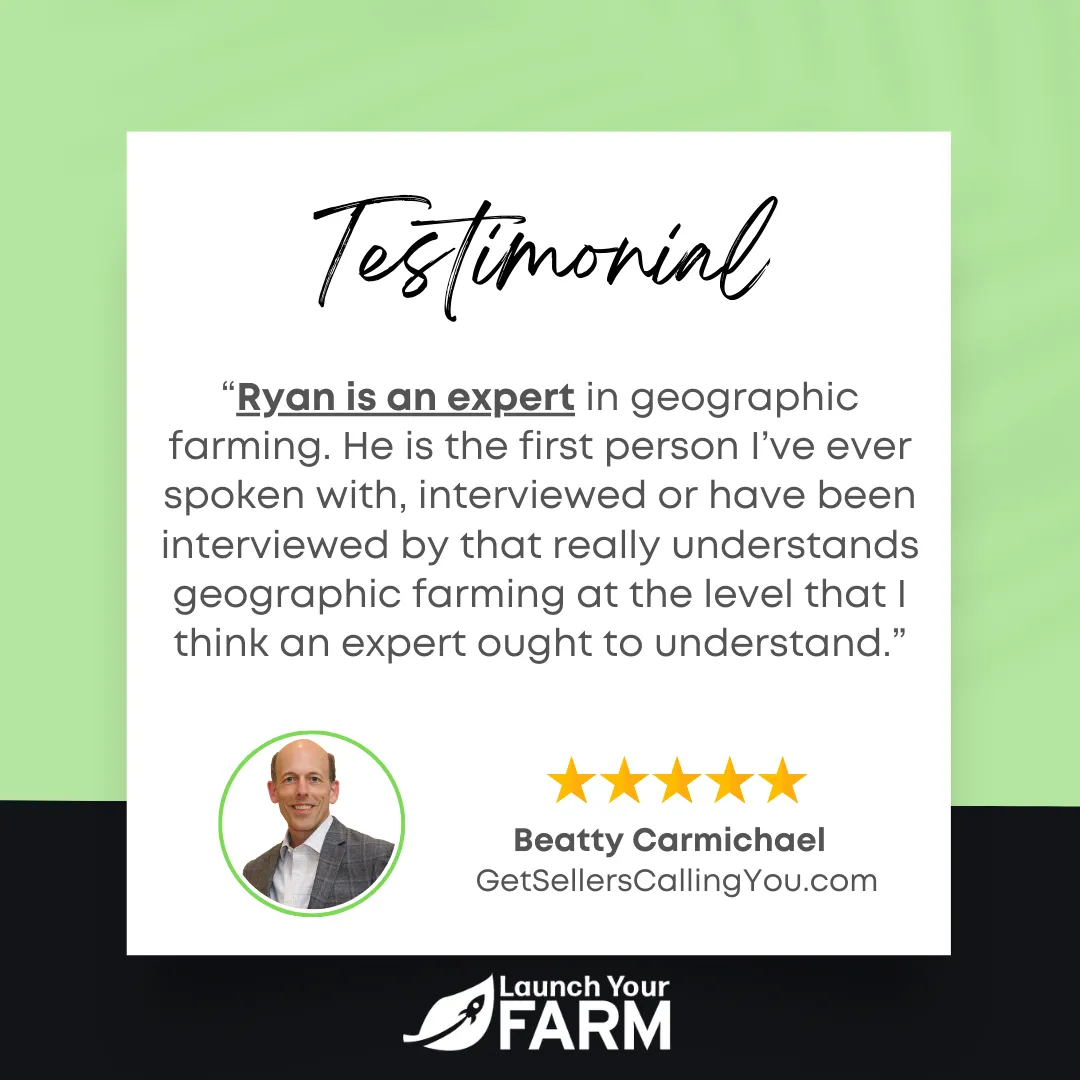
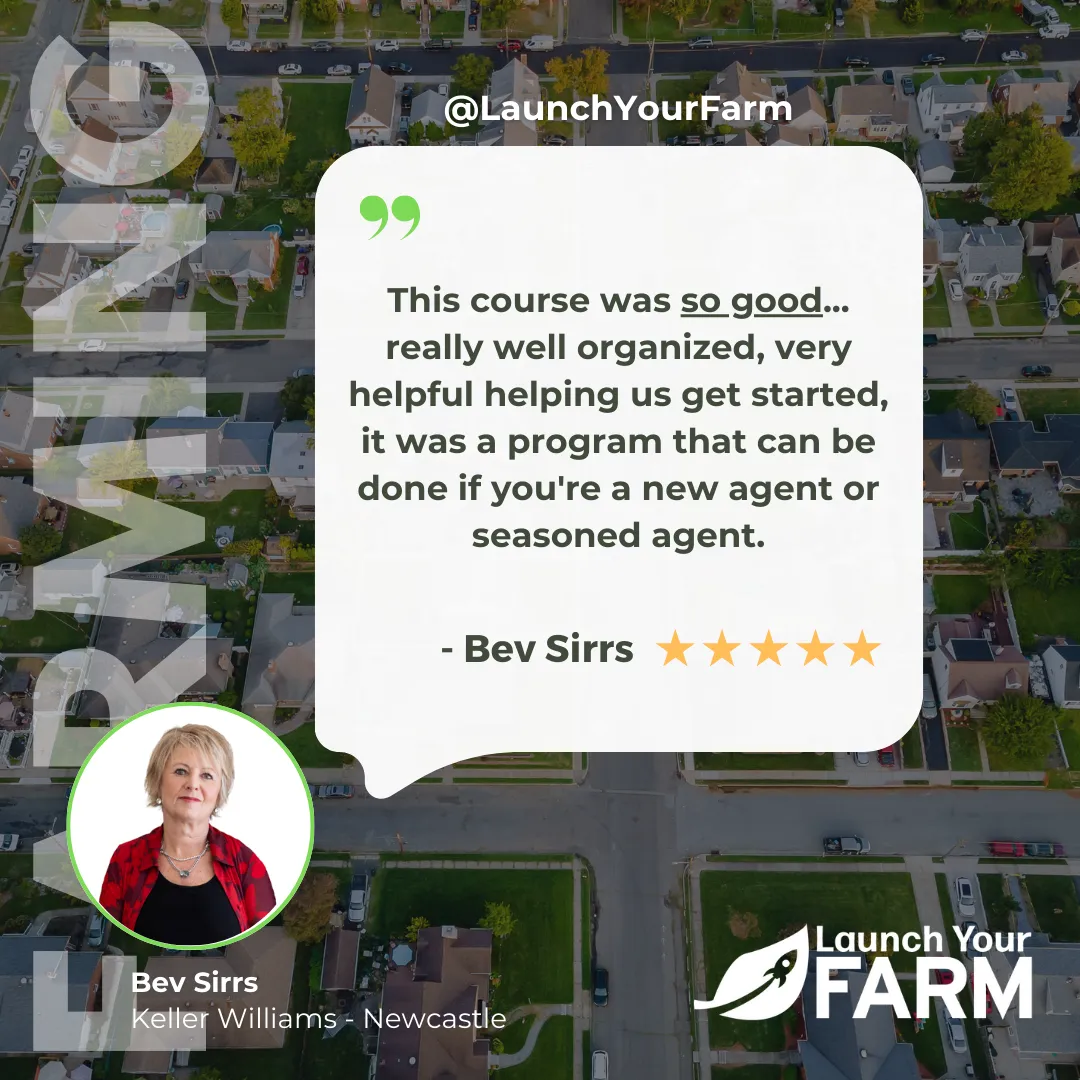
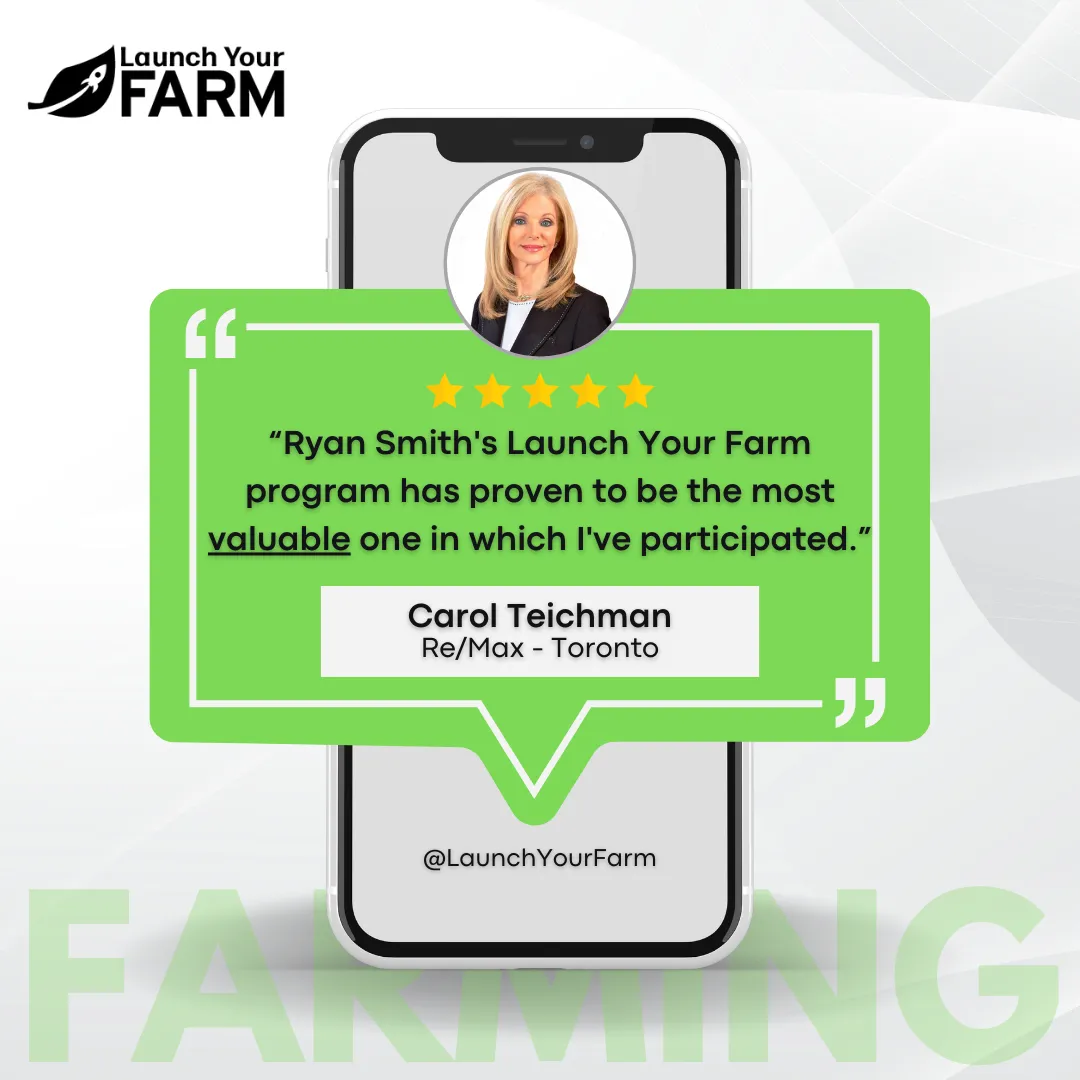
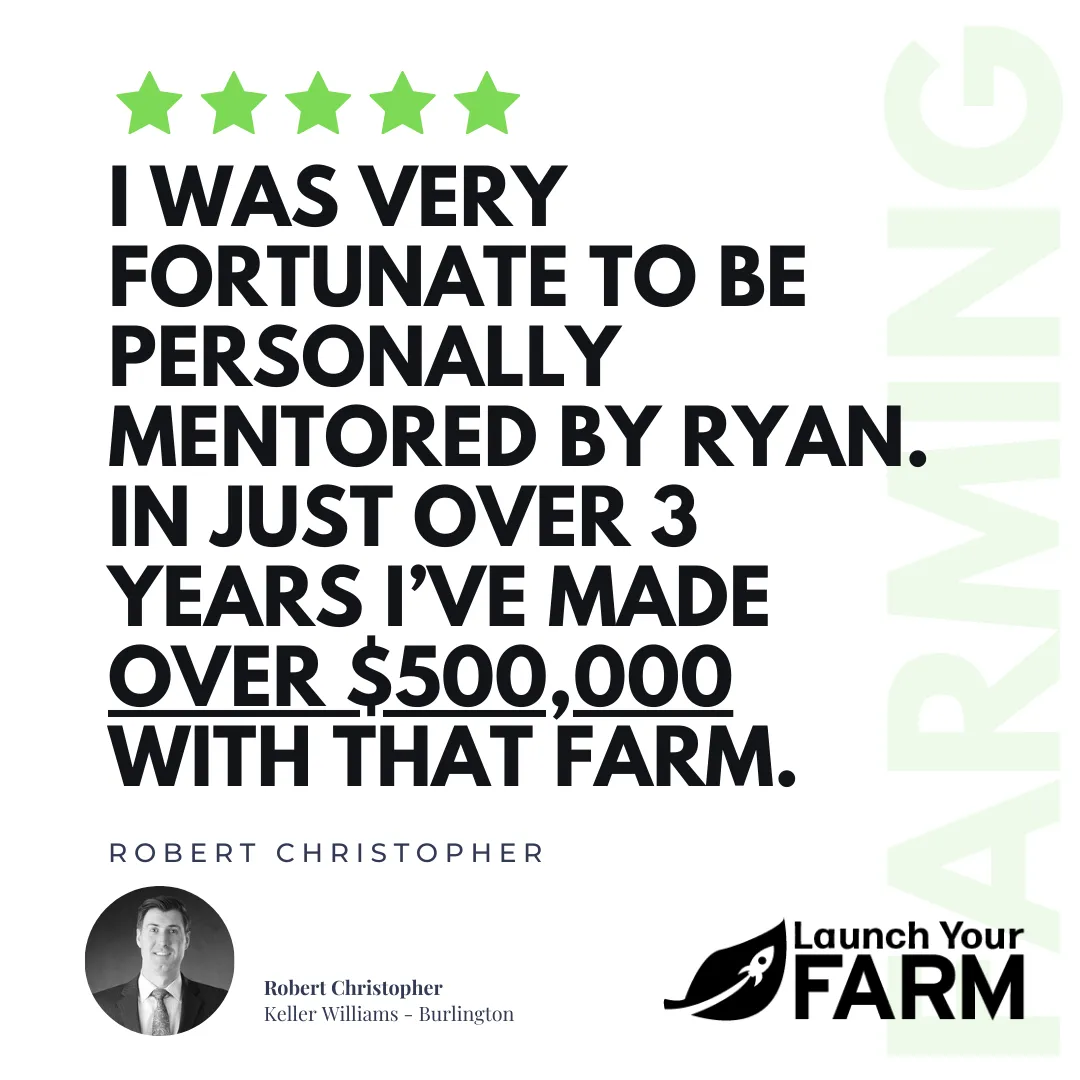
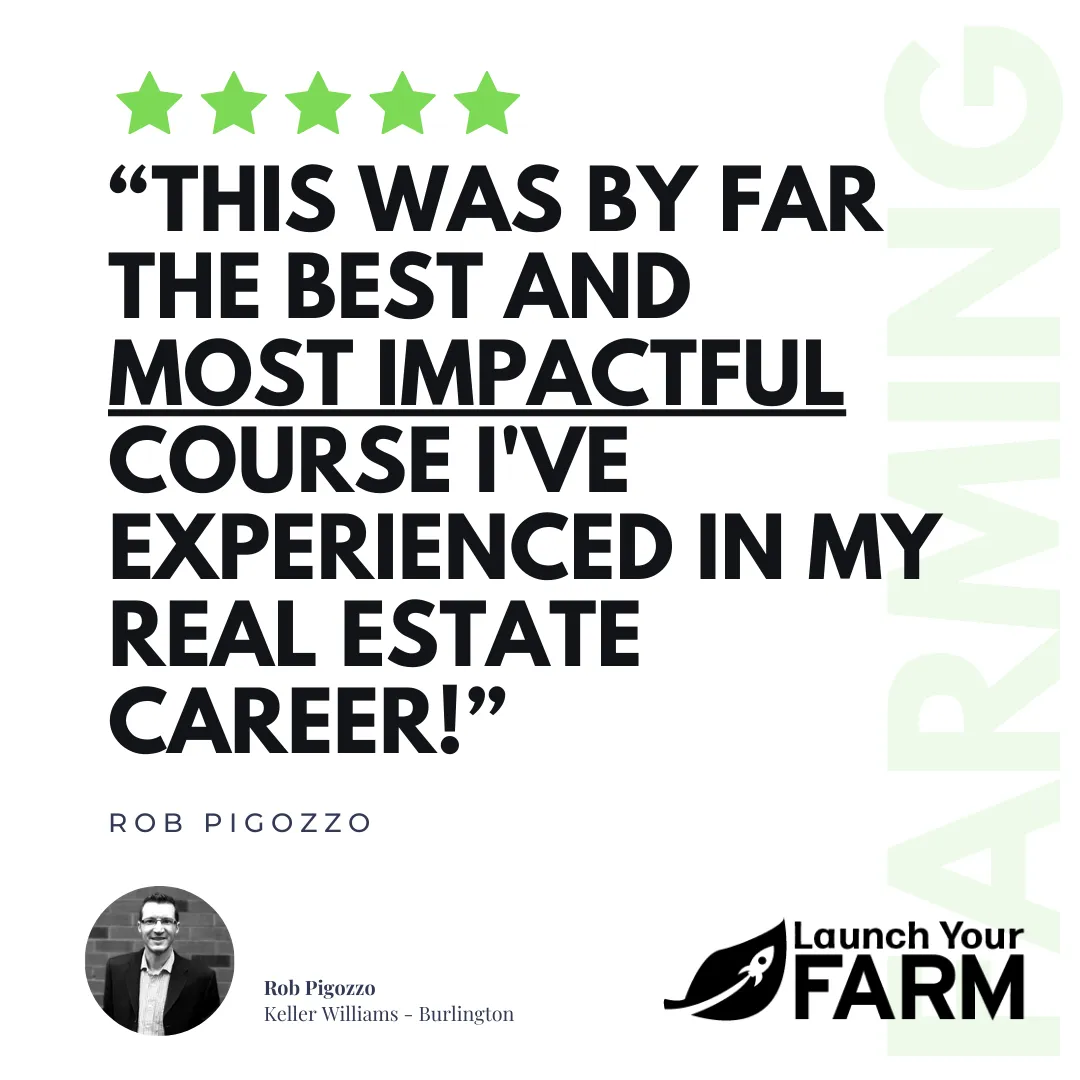
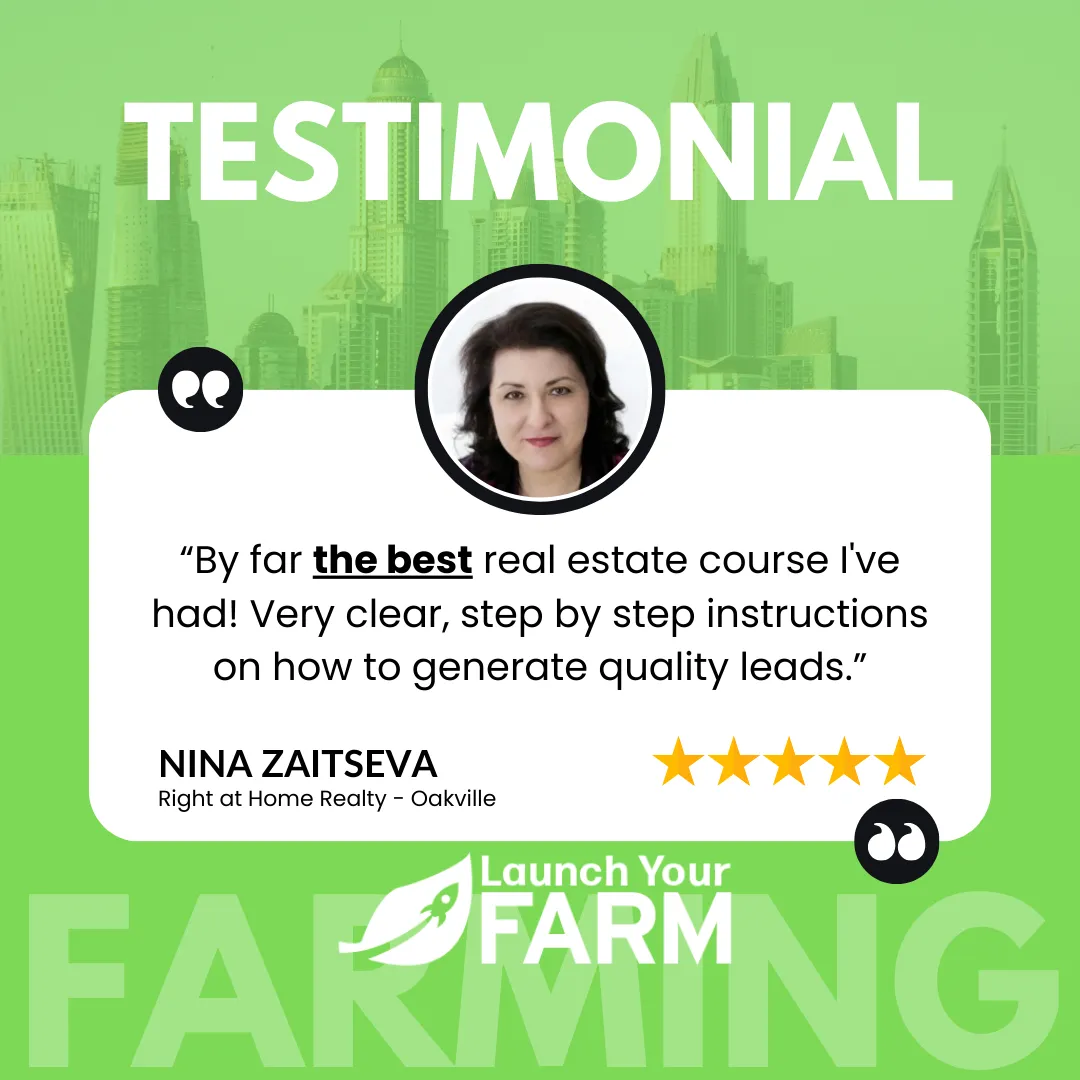
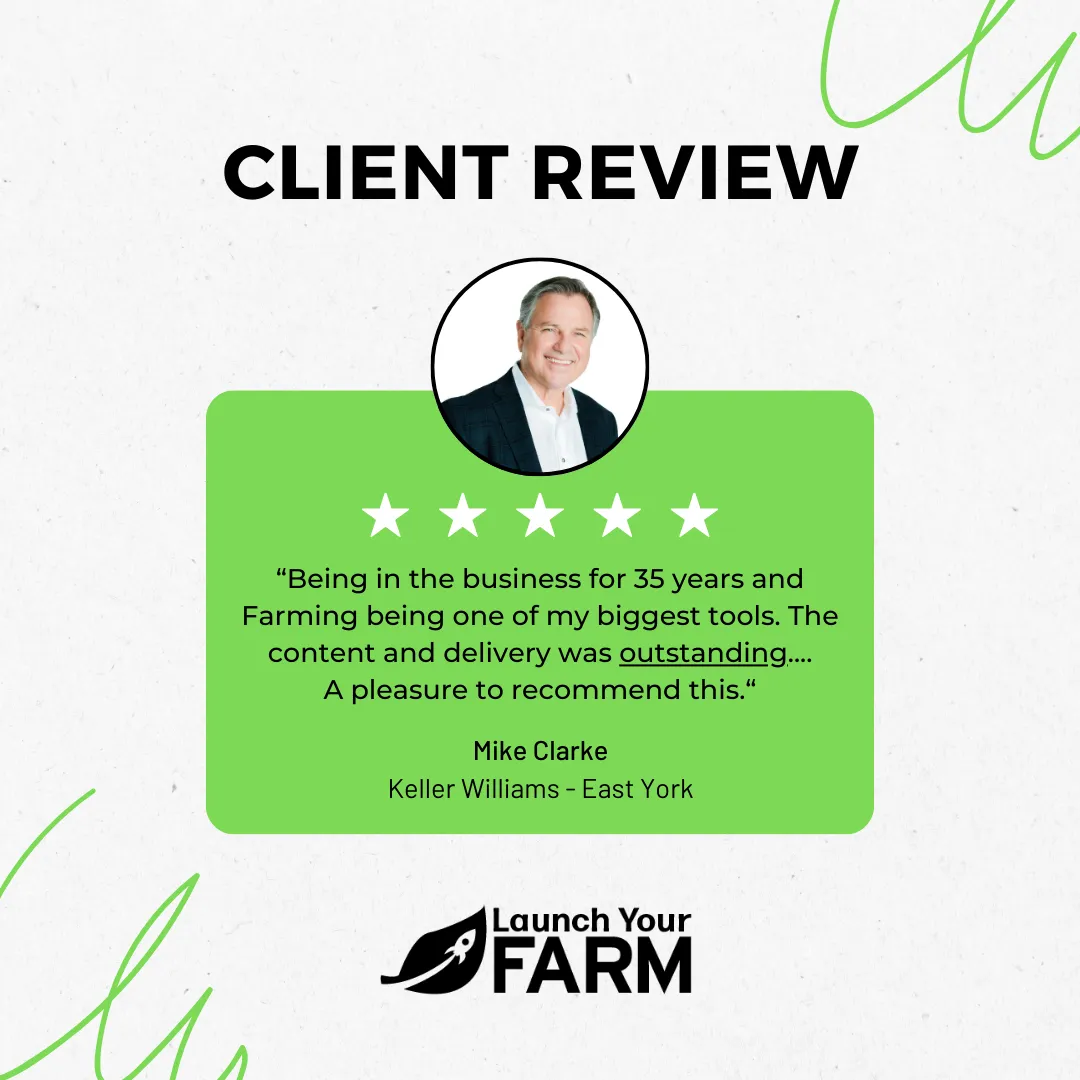

Why I Built Launch Your Farm...

Ryan Smith
Head Coach & Founder
When I started in real estate, I moved to a brand-new town — no network, no name recognition, and no easy way in. I quickly saw how outdated strategies were leaving agents spinning their wheels, chasing leads, and burning out. I knew there had to be a better way.
The breakthrough came after years of trial and error, moving 3 times and starting over from scratch each time. I was burnt out and decided to take on the role of our office productivity coach helping agents grow from the ground up. After helping countless other agents succeed, I learned a real secret: I needed to build a hyperlocal presence that actually connects.
I leveraged the strategies I learned over the years to launch my own geo-farm in a new market and closed 17 deals in just 15 months — without a big team, flashy budget, or long-time connections.
Today, I help agents across North America become the go-to experts in their communities. With the right systems, I've seen agents create powerful local brands, attract loyal clients, and grow predictable, sustainable businesses — even in tough markets.
I'm passionate about proving that real estate success doesn’t have to be a grind — when you show up in the community, bring value and stay focused, it becomes a strategy you can trust.





STEP 3: JOIN THE MOVEMENT
Join The Expert Agent Online Community
Learn tips, trick and strategies
Proven ideas from real agents
Join nearly 1,000 agents leveling up
Trusted By Industry Leaders Across North America







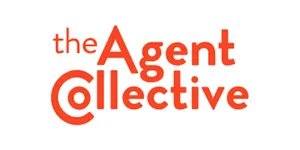



STEP 4: STAY IN THE LOOP
Get Weekly Tips To Grow Your Farm 🚀
Simple. Smart. Straight to your inbox.
No fluff. Just proven "local expert secrets", fresh ideas, and smart geo-farming tools to help you dominate your local market — every week.
Local Expert Blog: Featured Posts
Dig deeper into the same strategies we share in our weekly emails — with actionable tips, fresh ideas, and proven insights to help you grow your geographic farm and lead your local market.
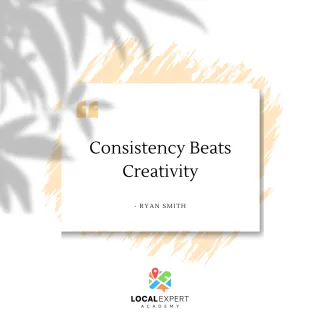
Consistency Beats Creativity Real Estate Conference Takeaways
Key takeaways from a national real estate conference in Halifax, including why consistency beats creativity, community beats marketing, and how simple systems and relationships drive long term success... ...more
Blog ,Strategies Community Mindset &Marketing
January 28, 2026•5 min read

‘Twas the Month Before 2026: The $100 Per Month Marketing Blueprint for Real Estate Agents
Get a simple 12 month real estate marketing plan for 2026. Join Ryan’s free $100 per Month Marketing Blueprint training and start the new year with clarity. ...more
Blog ,Strategies &Mindset
December 03, 2025•1 min read
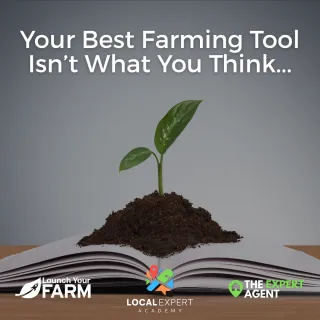
Your Best Farming Tool Isn’t What You Think – Real Estate Farming Insights by Ryan Smith
Most agents chase new tactics every time the market shifts but the ones who grow their farms fastest focus on learning, testing, and applying what works locally. Discover why knowledge alone isn’t pow... ...more
Blog ,Strategies &Mindset
October 31, 2025•1 min read

